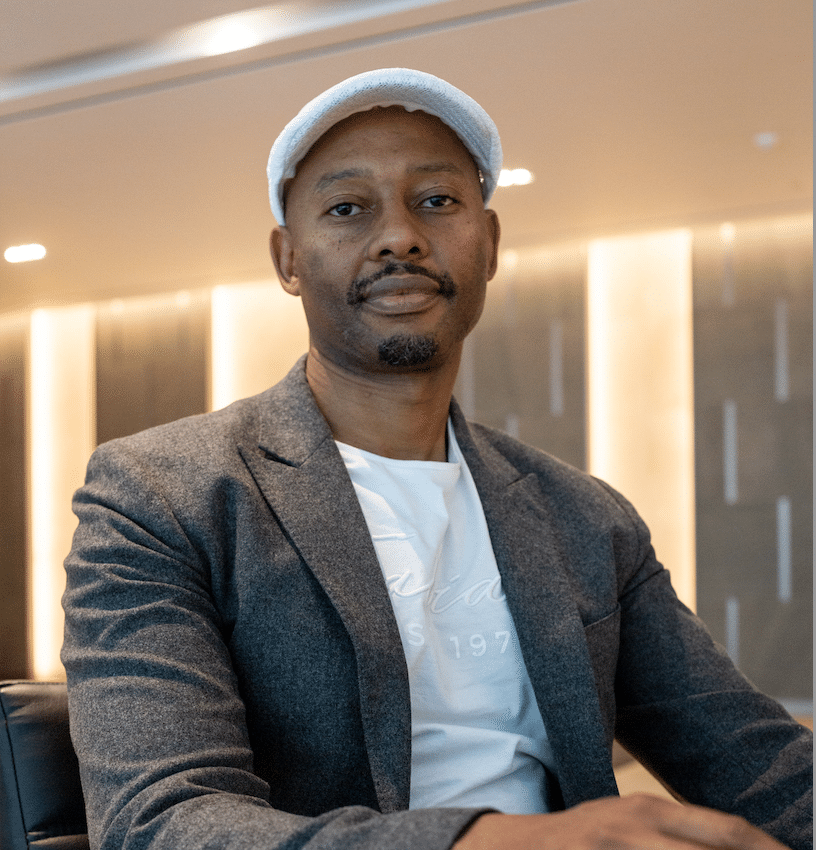From Africa to America, entrepreneur, architect and urban planner Mokena Makeka speaks to his journey from a Maseru childhood to working as a globally recognized scholar in urban planning and advisor trying to bring innovation to climate justice initiatives around the world.
Growing up between the rolling hills of Lesotho and the skyscrapers of New York can be a jarring experience, but also an insightful one. As the son of the Kingdom of Lesotho’s envoy to the United States of America, Mokena Makeka found himself living between two very diverse worlds, and has brought his varied education and experiences to bear to drive a novel sphere; that of sustainable development and impacting communities as a management consultant.
“One challenge is to reconcile your domestic identity versus your international identity,” said Makeka to FORBES AFRICA, “but the other is sheer contrast between somewhere like Lesotho and New York, and I think that produces tensions; why are there these inequalities, are they structural or are they systematic?”
Indeed, understanding both the systematic and the personal reflects in Makeka’s interests. Originally enrolling at the University of Cape Town in engineering, he found himself dissatisfied until he stumbled upon architecture; “I love mathematics, I love physics… but I also love art – this is a place where I was able to use both sides of my mind.”
Merging understandings between the personal and the structural is what gave Makeka the ability to earn much success as an architect and business, becoming a Desmond Tutu Fellow and Young Global Leader at the World Economic Forum, but also exposed him to many different kinds of people, experiences and spaces – and how these interact.
“There’s a lot of cognitive dissonance [regarding architecture],” says Makeka, using the spatial and geographical legacy of apartheid South Africa, and the recent extreme flooding in Durban as an example.
“After the floods, there were calls for professionals to come in and assist in reconstruction, quantity surveyors, engineers – which is great – but the one discipline that understands space, architects, was not invited.”
The obstacles in making effective change in spaces that are not necessarily responsive is what led Makeka to his current role as a management consultant. “I don’t think it’s my duty to convert the marketplace… I need to go where I can be effective. That’s just the truth,” he says wryly.
When one thinks management consultancies, one thinks of the big advisory firms, many of which are working with large businesses and institutions in an orthodox and established manner, which doesn’t seem to fit the personality and values that Makeka demonstrates. When questioned on how this fits in with his work at Dalberg Advisors, he smiles; “At Dalberg, I found people thinking the same way about community impact, the importance of cities, job creation and youth development… people who understand the value of designing an environment.”
And indeed, constant change and flexibility is something that he advocates for very strongly, stating that everyone should have several lives within their lifetime. “I’m quite disruptive… but I think productively disruptive,” he contemplates – and has followed through, pushing change in the architecture space by founding Cape Town’s School of Explorative Architecture, which took in its first group of 22 students in March of this year.
“I’ve always been keen on doing a few things,” says Makeka. “One is decolonizing education, which is an important project even if it does get tied up in other narratives.”
The future will keep bringing change, and surely a new life and path for Makeka – which is a hope he has for others as well, particularly African youth. “Don’t settle on who you are too quickly… make mistakes and maintain your curiosity – it’s only a failure if you don’t learn from it,” he says firmly. “But otherwise, pivot. Keep growing.”
